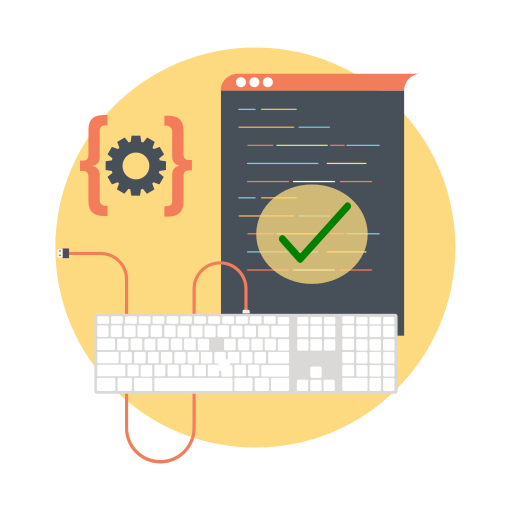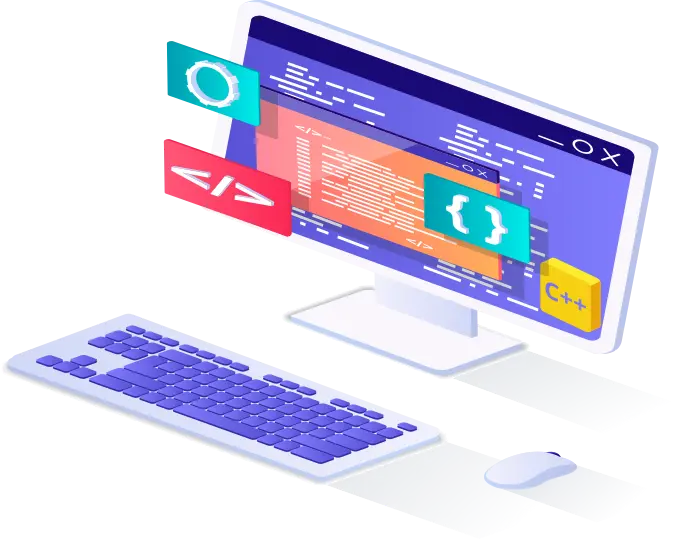Software development is a complex process that involves a wide range of tasks, including planning, design, coding, testing, and maintenance. Software development requires attention to detail, and a keen understanding of programming concepts.
While developers strive to write clean, efficient, and error-free code, they can still make mistakes that can have significant consequences for the software and its users. Even experienced developers can make mistakes, which can lead to delays, defects, and even project failure.
In this article, we will discuss some common mistakes to avoid in software development.
-
Lack of planning: One of the most common mistakes in software development is the lack of planning. Planning is critical to the success of any software development project. Planning involves defining the project goals, scope, and requirements, and developing a project plan that outlines the tasks, timelines, and resources required to complete the project. Without proper planning, developers may end up with a project that is poorly structured, lacks clarity, or fails to meet the needs of its users.
-
Poor communication: Effective communication is essential in software development to ensure that everyone is on the same page and that stakeholders are kept informed of project progress. Communication helps to identify potential problems early on, prevent misunderstandings, and ensure that the project is completed on time and within budget. Poor communication can lead to misunderstandings, delays, and project failure. To avoid this mistake, make sure that everyone involved in the project is aware of the project goals, timelines, and requirements and that they are kept informed of project progress.
-
Insufficient testing: Testing is an essential part of software development, It involves verifying that the software functions as intended and meets the user’s requirements. But testing is often neglected or done poorly. Insufficient testing can lead to defects and errors in the software, which can cause problems for users and damage the reputation of the company.
Developers who fail to test their code adequately risk releasing software with bugs, errors, and security vulnerabilities. To avoid this mistake, developers should develop comprehensive test plans, perform regular testing throughout the development cycle, and use automated testing tools to ensure that the software functions as intended. Make sure that testing is included in the project plan and that the testing process is well-defined and executed rigorously.
See: What is Test-Driven Development (TDD)
-
Overcomplicating the software: Developers often try to add too many features or make the software too complex, which can make it difficult to understand, maintain, and debug. Overcomplicating the software can also lead to longer development times and higher costs. To avoid this mistake, focus on the essential features and functionalities of the software and keep the design simple and intuitive. Simple and concise code is easier to read and debug, and is less prone to errors.
-
Ignoring scalability and performance: Scalability and performance are critical factors in software development, especially for large or complex systems. Ignoring these factors can lead to problems with the software, such as slow performance or system crashes. To avoid this mistake, make sure that the software is designed with scalability and performance in mind and that these factors are considered throughout the development process.
-
Not using version control: Version control is essential for managing changes to the software code and ensuring that everyone is working on the same version of the software. Not using version control can lead to confusion and errors, especially when multiple developers are working on the same project. To avoid this mistake, make sure that version control is used from the beginning of the project and that everyone understands how to use it effectively.
-
Inefficient Code: Inefficient code is a common mistake in software development that can lead to slow performance, crashes, and other issues. Developers who fail to optimize their code risk creating software that is difficult to use, frustrating for users, and costly to maintain. To avoid this mistake, developers should use efficient coding practices, follow industry standards for code optimization, and test their code thoroughly to ensure that it performs well under different conditions.
-
Poor code quality: Poor code quality can lead to defects and errors in the software, which can cause problems for users and make it difficult to maintain and update the software. To avoid this mistake, make sure that the code is well-written and follows established coding standards and best practices, such as writing modular code, avoiding global variables, and using meaningful variable names.
See: How to Write Clean Maintainable Code That’s Easier to Understand and Extend
-
Ignoring user feedback: Developers sometimes get so engrossed in writing code that they forget to solicit feedback from users. Ignoring user feedback can result in products that do not meet the needs of the target audience. User feedback is essential for understanding user needs, identifying usability issues, and refining the product. Ensure that you test your product with real users throughout the development process to get valuable feedback. Developers should encourage users to provide feedback, listen to their feedback, and use it to improve their software continuously.
-
Not prioritizing security: Security is often an afterthought in software development, but it should be a top priority. Security vulnerabilities can result in data breaches, lawsuits, and loss of trust. Ensure that you follow security best practices, such as encrypting sensitive data, validating input, and using secure authentication methods.
-
Not documenting the code: Documentation is often neglected in software development, but it is essential for maintaining the code and helping other developers understand how it works. Ensure that you document your code using clear and concise comments, and provide user documentation to help users understand how to use the product.
Software development is a complex process that requires careful planning, effective communication, rigorous testing, and attention to detail. By avoiding the common mistakes outlined above, you can improve the quality of your code, enhance the user experience, ensure the success of your project and deliver high-quality software that is reliable and meets the needs of your users.
Contact us today to learn more about how we can help you improve your code.



